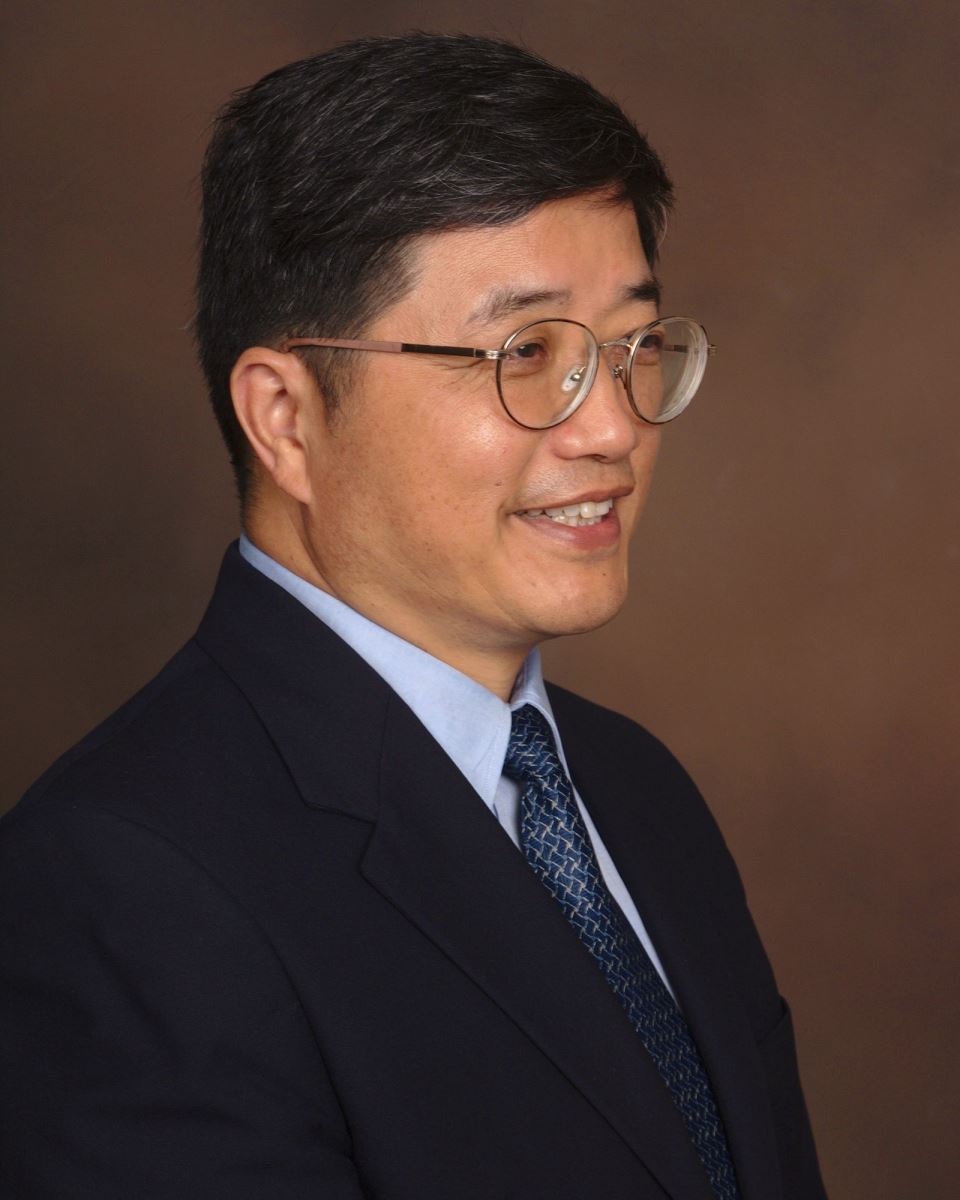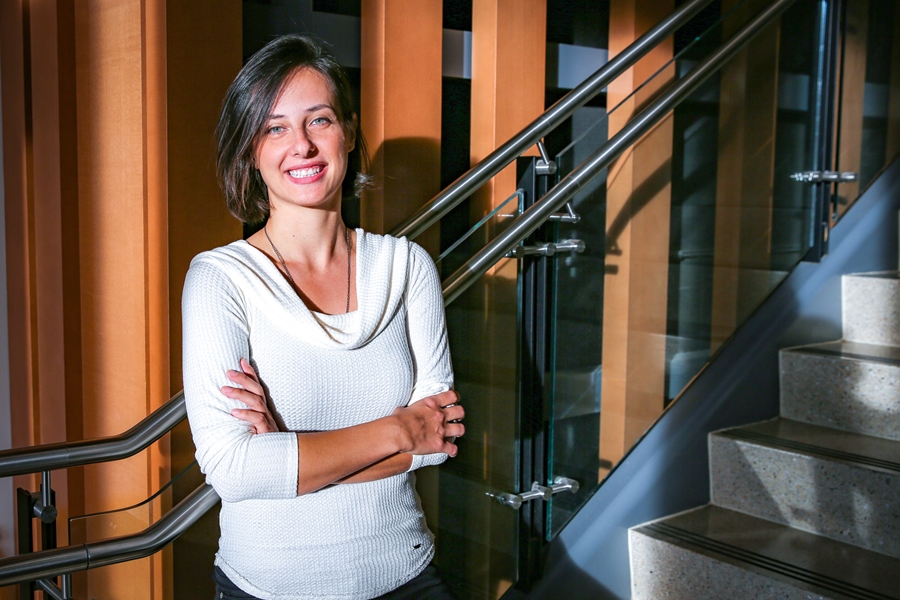Nanowired Drugs Could Treat Patients With Parkinson's or Alzheimer's
FAYETTEVILLE, Ark. – Millions of Americans suffer from neurodegenerative diseases such as Alzheimer’s and Parkinson’s. Researchers have identified promising new treatments, such as cerebrolysin, but current clinical approaches are ineffective because critical concentrations of the drug dissipate within the body before reaching the brain and central nervous system.
To address this problem, researchers have focused on various delivery vehicles for sustained and targeted drug release. An effective, targeted approach would eliminate the need for inefficient, high dosages that cause adverse side effects.
In recent years, biomedical engineers have experimented with nanomaterials as an approach to targeted delivery. Under the direction of Ryan Tian, associate professor of chemistry at the University of Arkansas, doctoral student Asya Ozkizilcik has improved the nanowiring of drugs for an international team of researchers who are working on a new method for treating neurodegenerative diseases.

This week, at Neuroscience 2017, the annual meeting of the Society for Neuroscience, held in Washington, D.C., Ozkizilcik, on behalf of the international research team, delivered two presentations about nanowired delivery of cerebrolysin in neuropathological models of Alzheimer’s and Parkinson’s diseases. The team’s research was selected as newsworthy from a pool of nearly 14,000 abstracts. Their research was also included in the Society’s Hot Topics book.
Ozkizilcik worked with titanate, a bioceramic material made of titanium dioxide. Titanate has many advantages. Its nanowires are chemically inert and therefore do not interact with biological components. In addition to biocompatibility, the nanowires are resistant to corrosion in biological fluids, which is ideal for sustained, in vivo drug release without harming cells or tissues.
Ozkizilcik made the titanate nanowires in an autoclave treatment and then loaded cerebrolysin onto the nanowires. Though detailed mechanisms are unclear, the nanoparticles may prolong the intact delivery of cerebrolysin all the way to blood-brain barrier, where high concentrations of the drug are then released into the brain. The drug’s efficacy was tested on rat models with co-administration of mesenchymal stem cells. Mesenchymal stem cells have been used for developing therapeutics for various autoimmune and other diseases.
Ozkizilcik’s research is part of the international team’s broader goal of finding a more effective treatment for neurodegenerative diseases such as Alzheimer’s and Parkinson’s. The international team has also demonstrated efficacy of this treatment on a Parkinson’s disease model after traumatic brain injury.
“We believe titanate nanowires could be considered as potential drug delivery tools for neurodegenerative diseases and may be translated into clinical use in future,” Ozkizilcik said.
Topics
Contacts
Asya Ozkizilcik, doctoral student
Department of Biomedical Engineering
832-858-4013,
aozkizil@uark.edu
Ryan Tian, associate professor
Department of Chemistry and Biochemistry
479-575-2653,
rtian@uark.edu
Matt McGowan, science and research communications officer
University Relations
479-575-4246,
dmcgowa@uark.edu
Headlines
PetSmart CEO J.K. Symancyk to Speak at Walton College Commencement
J.K. Symancyk is an alumnus of the Sam M. Walton College of Business and serves on the Dean’s Executive Advisory Board.
Faulkner Center, Arkansas PBS Partner to Screen Documentary 'Gospel'
The Faulkner Performing Arts Center will host a screening of Gospel, a documentary exploring the origin of Black spirituality through sermon and song, in partnership with Arkansas PBS at 7:30 p.m. Thursday, May 2.
UAPD Officers Mills and Edwards Honored With New Roles
Veterans of the U of A Police Department, Matt Mills has been promoted to assistant chief, and Crandall Edwards has been promoted to administrative captain.
Community Design Center's Greenway Urbanism Project Wins LIV Hospitality Design Award
"Greenway Urbanism" is one of six urban strategies proposed under the Framework Plan for Cherokee Village, a project that received funding through an Our Town grant from the National Endowment for the Arts.
Spring Bike Drive Refurbishes Old Bikes for New Students
All donated bikes will be given to Pedal It Forward, a local nonprofit that will refurbish your bike and return it to the U of A campus to be gifted to a student in need. Hundreds of students have already benefited.





